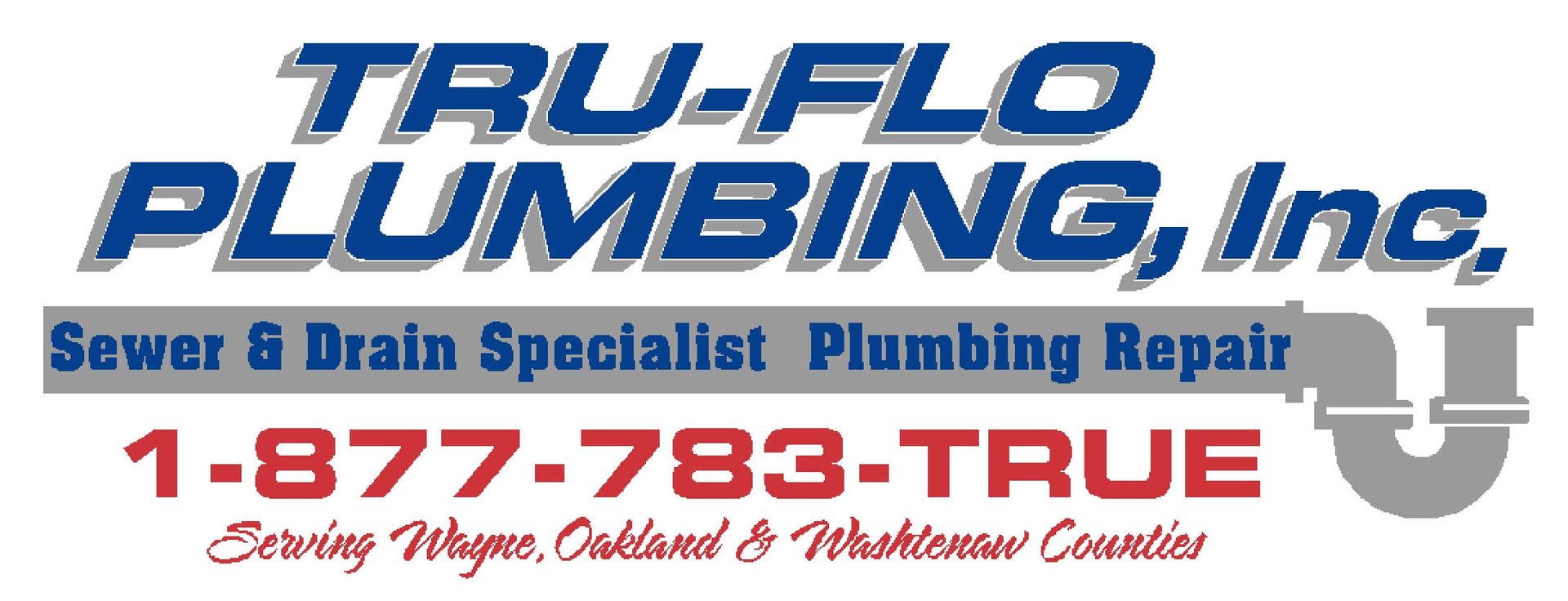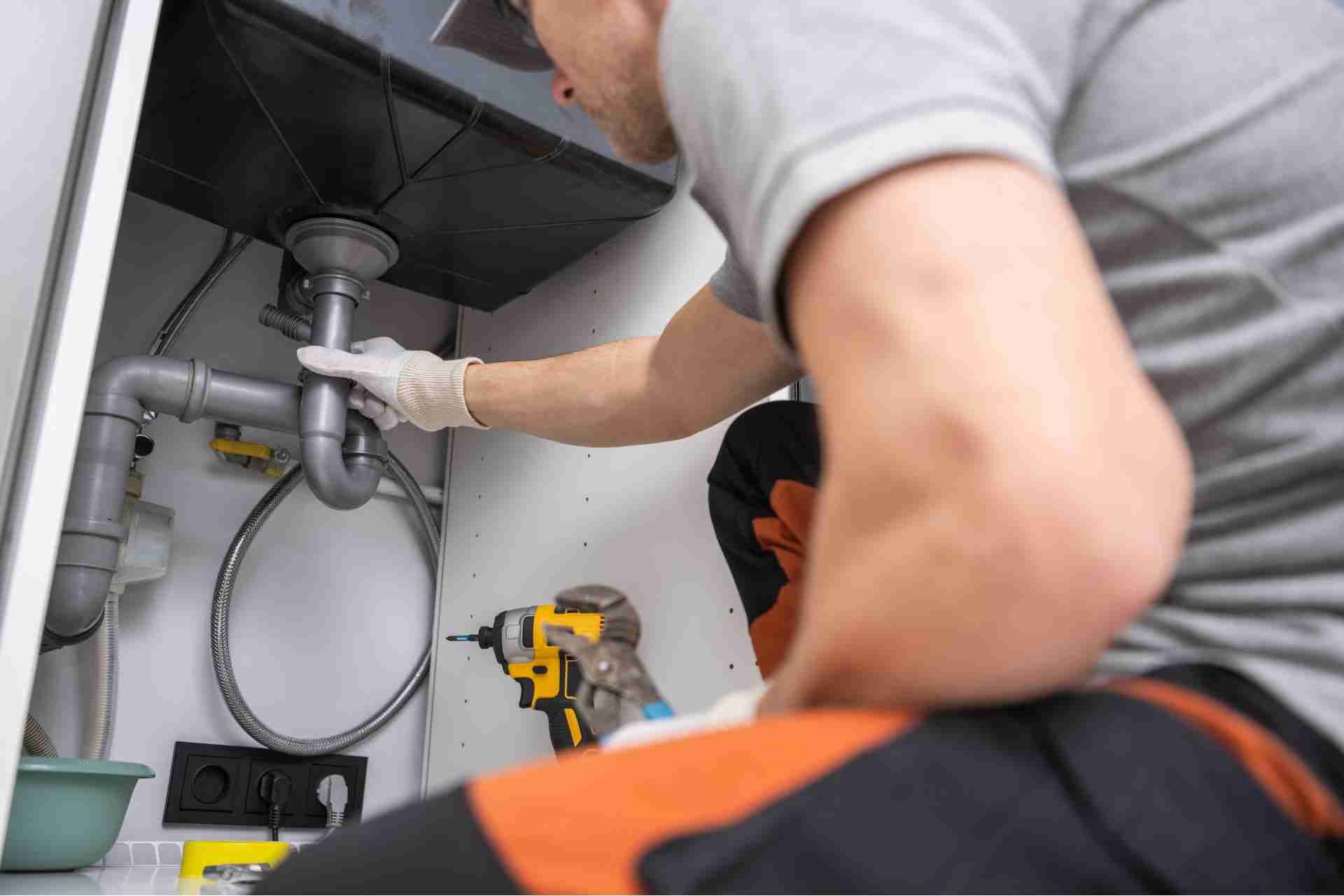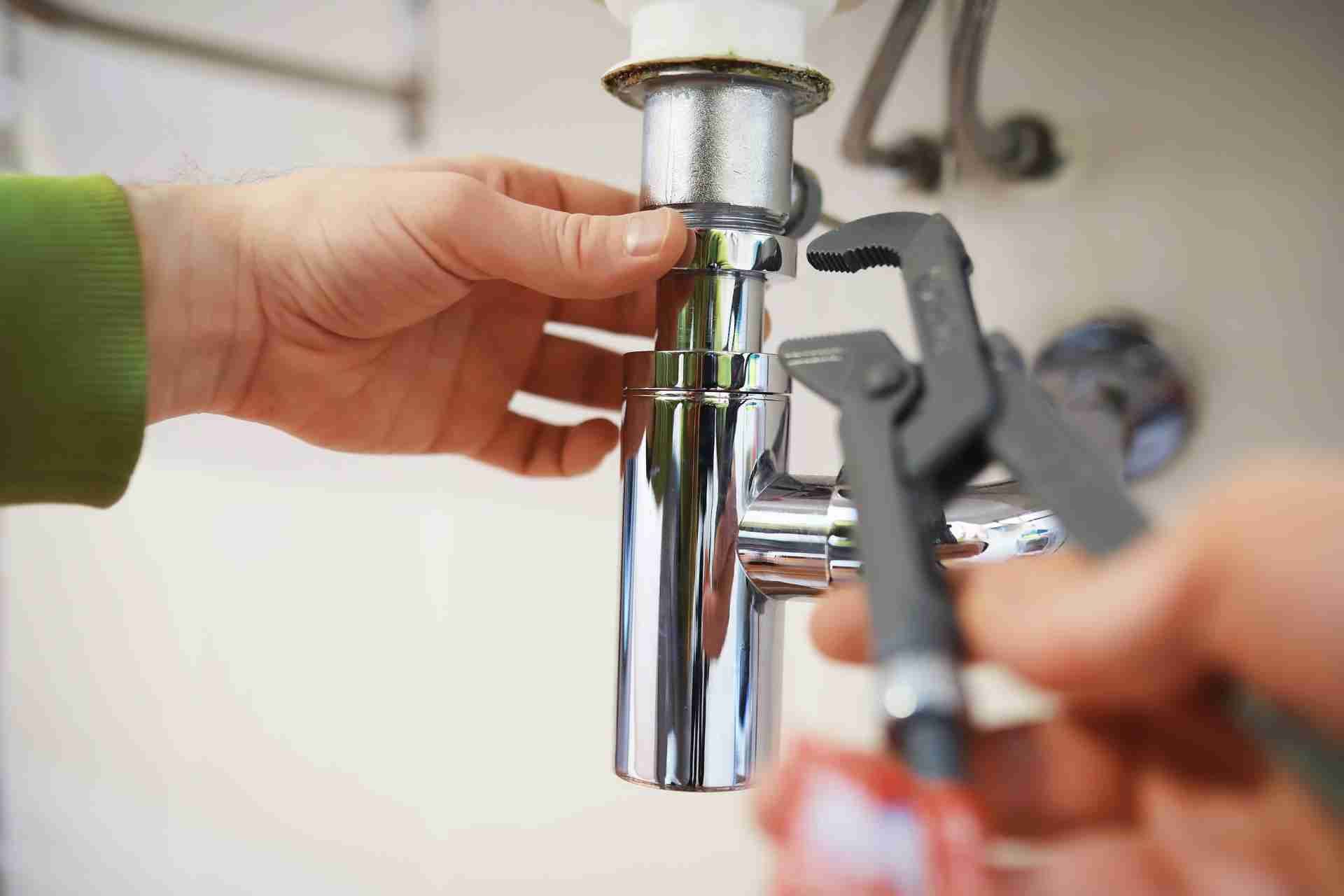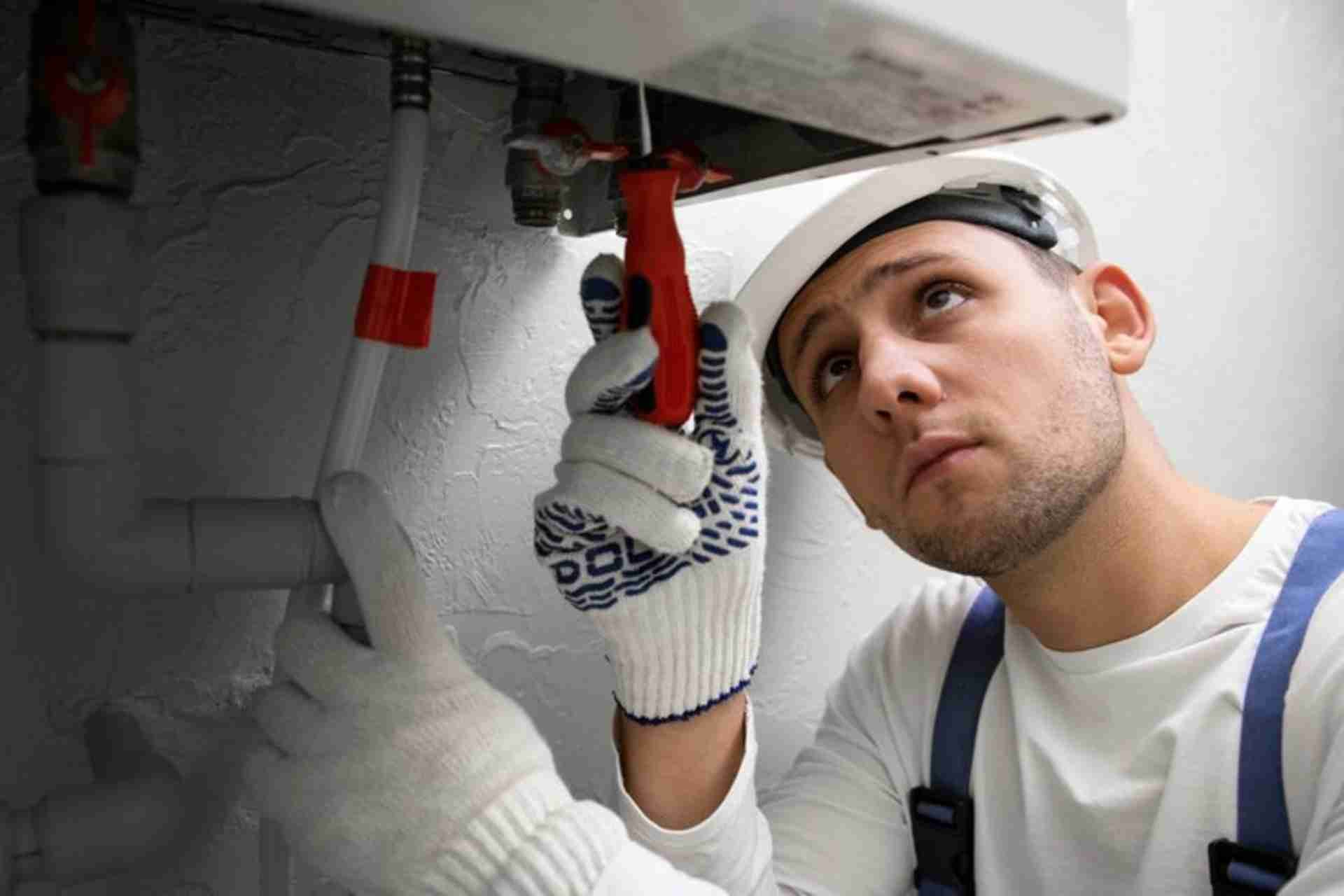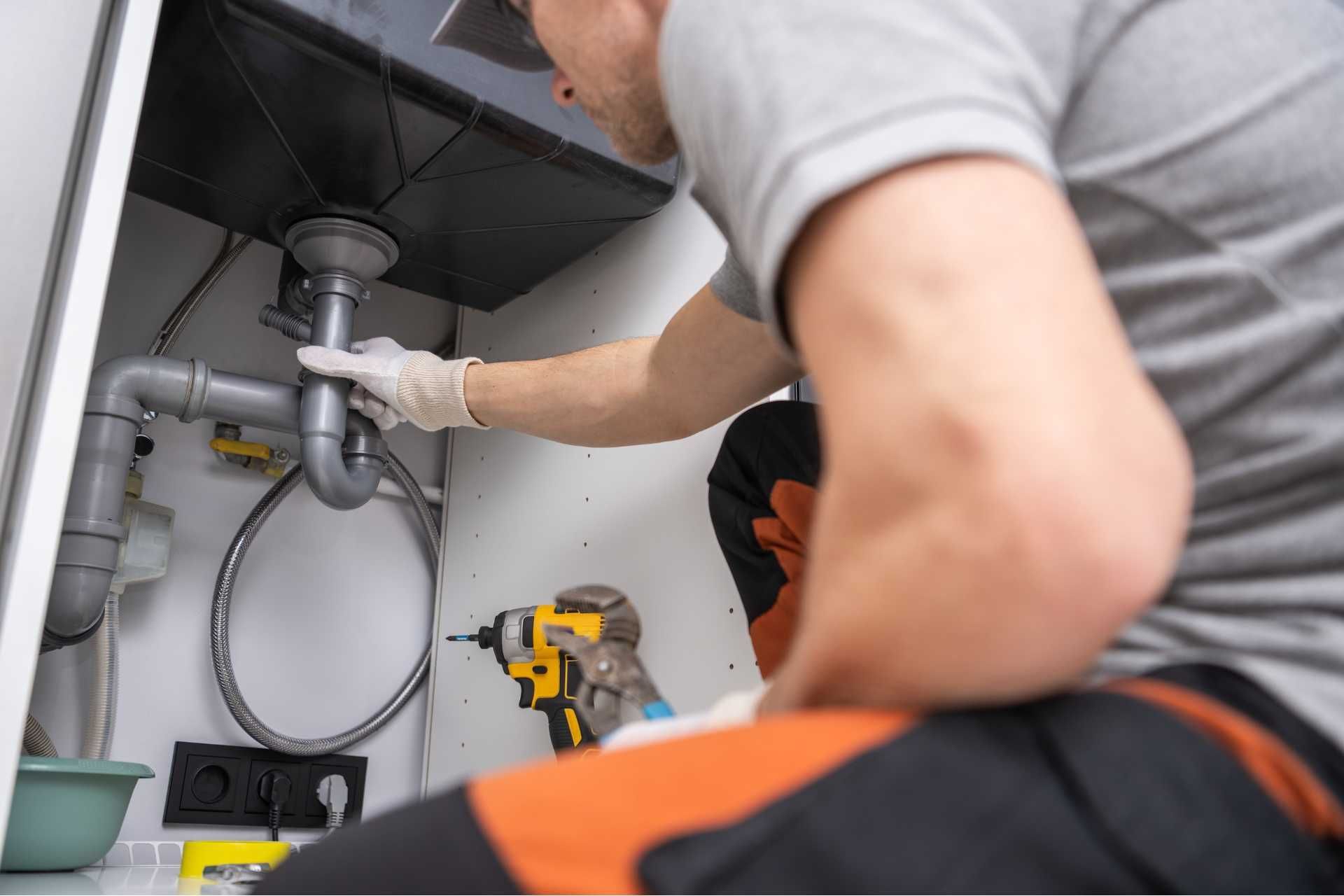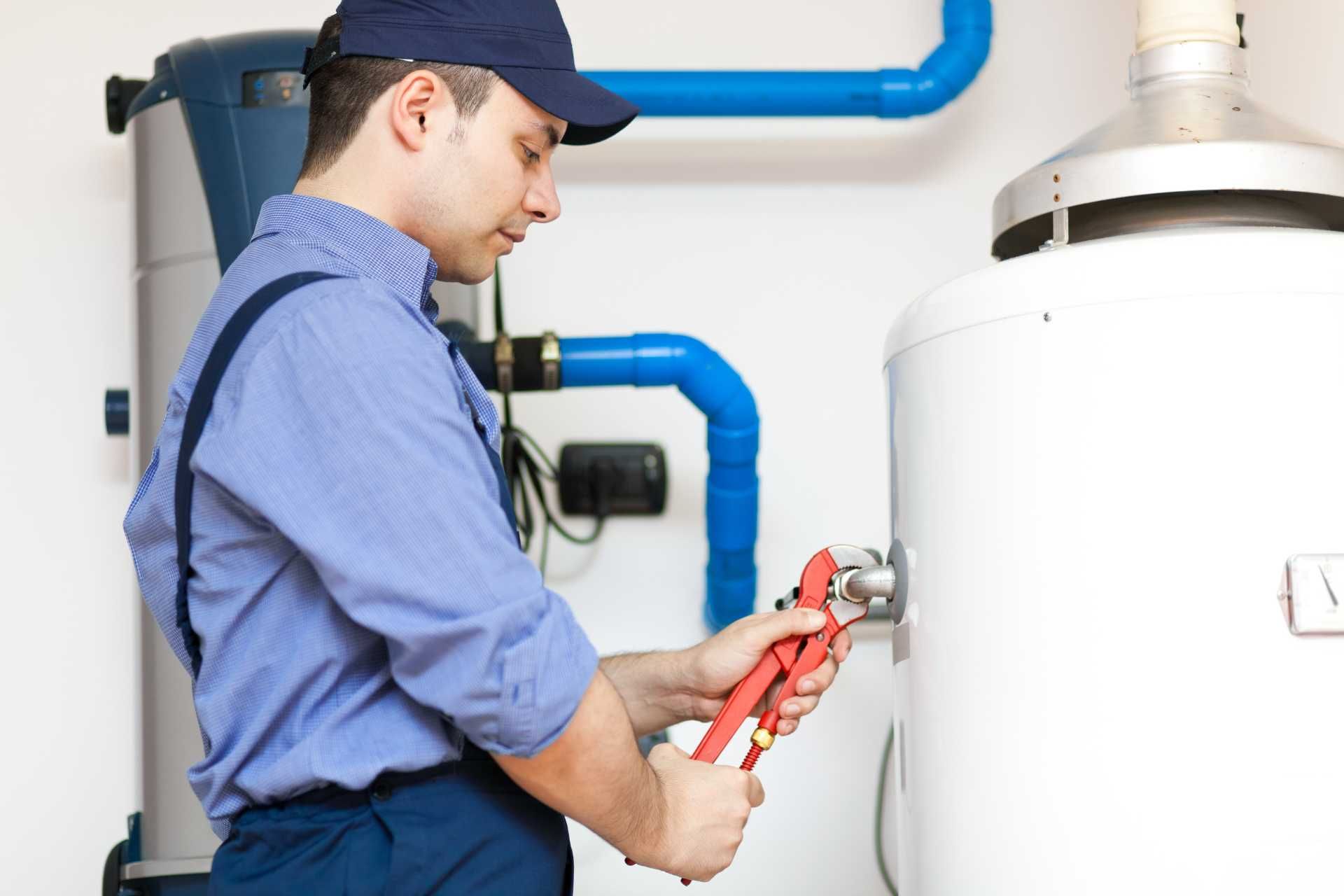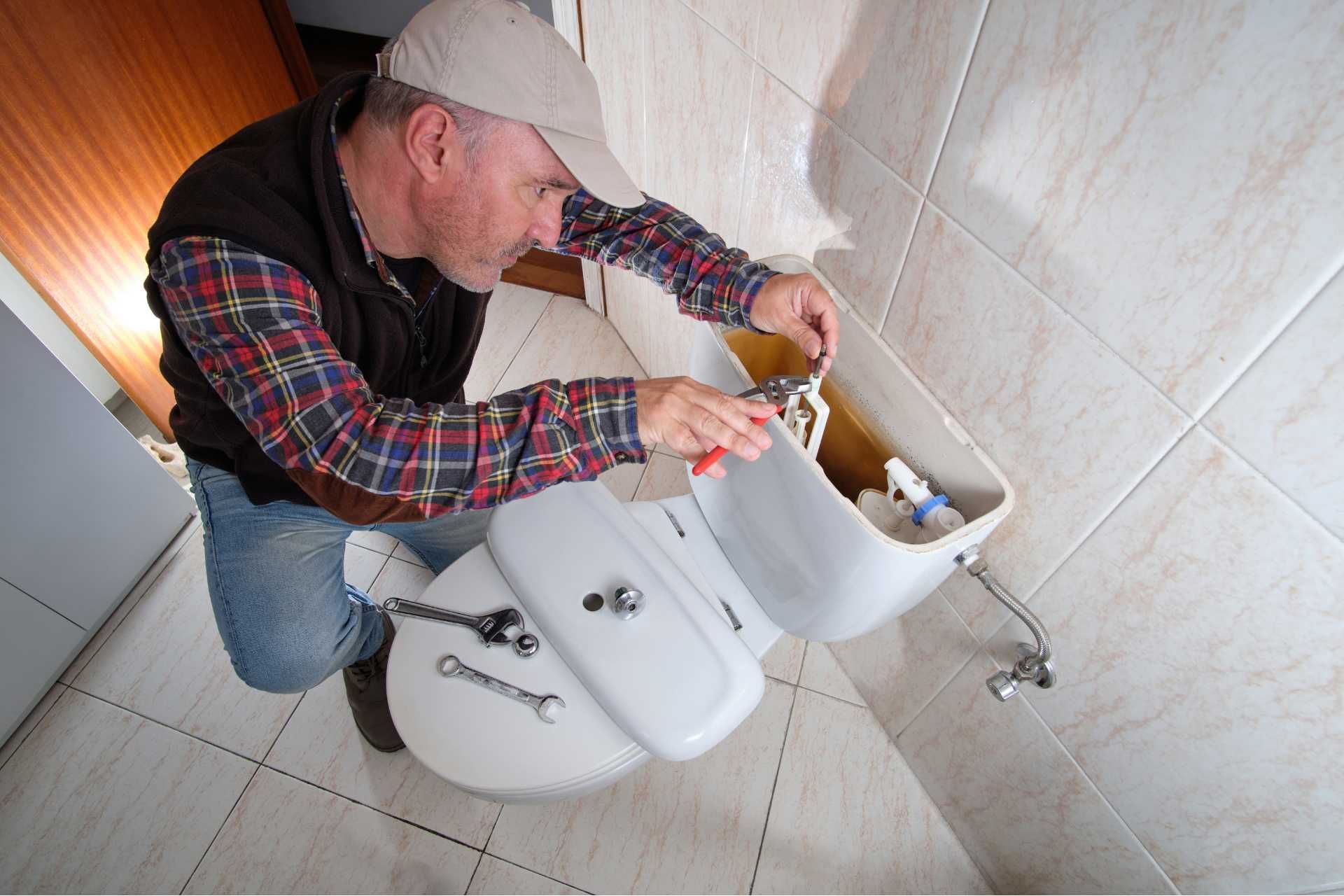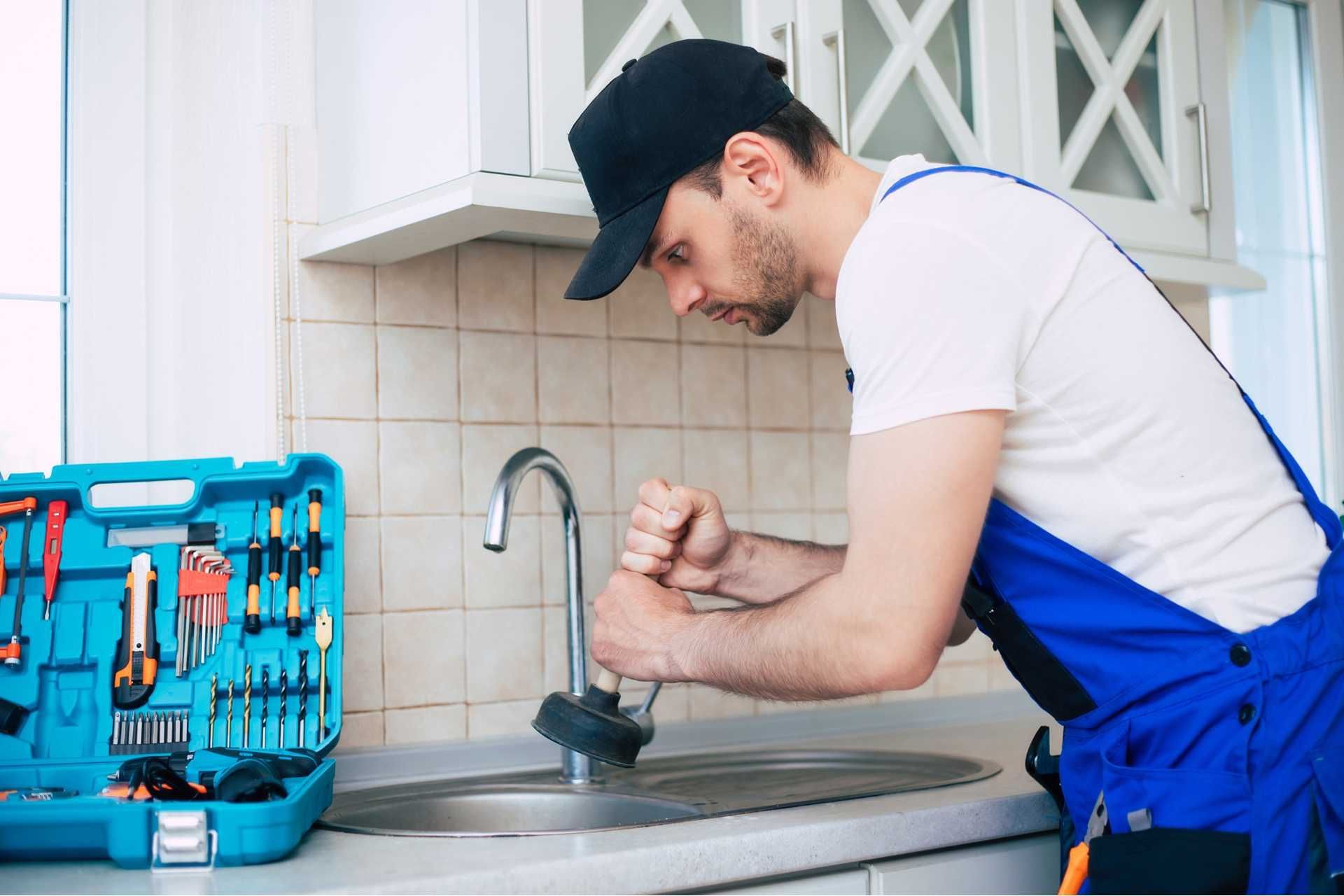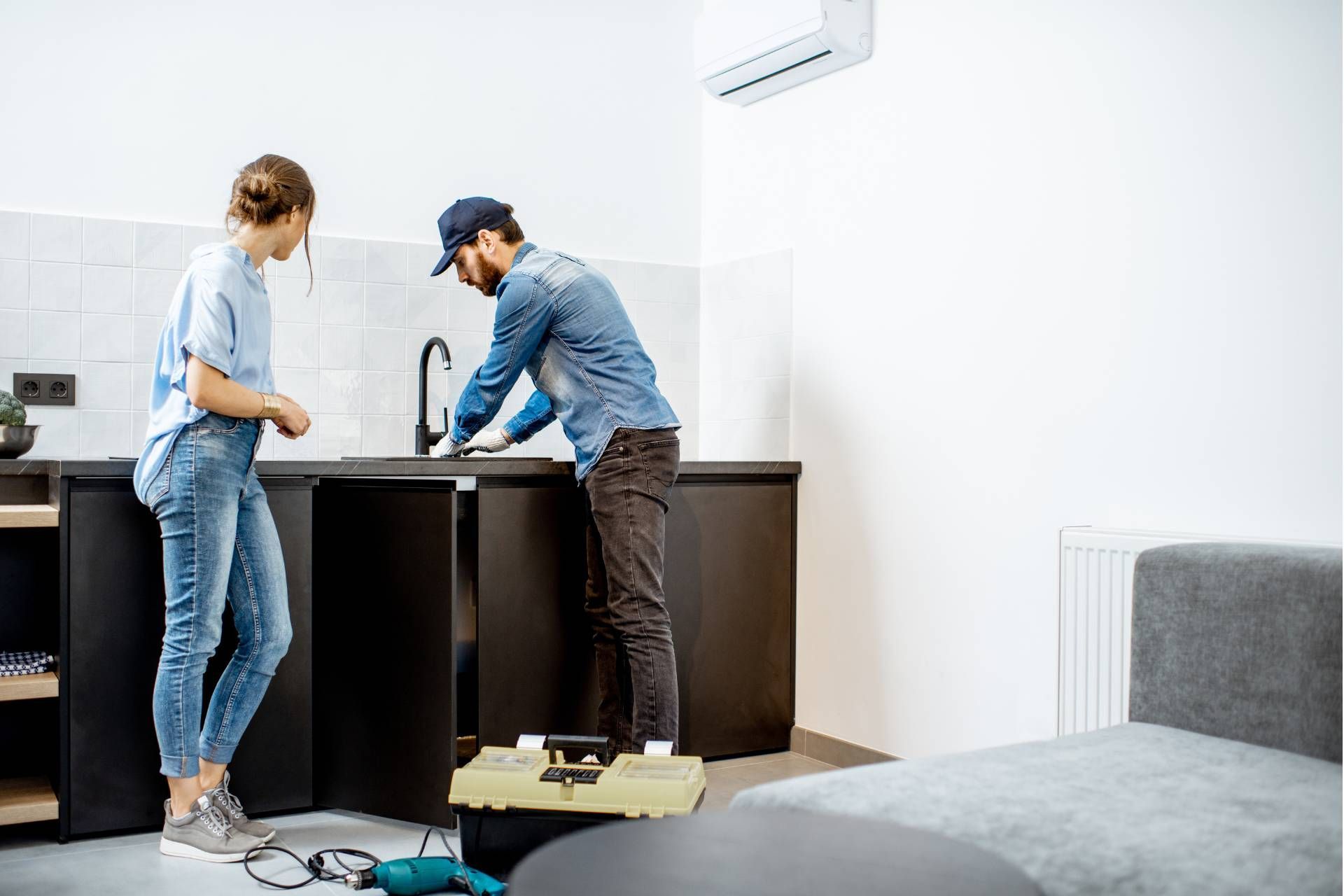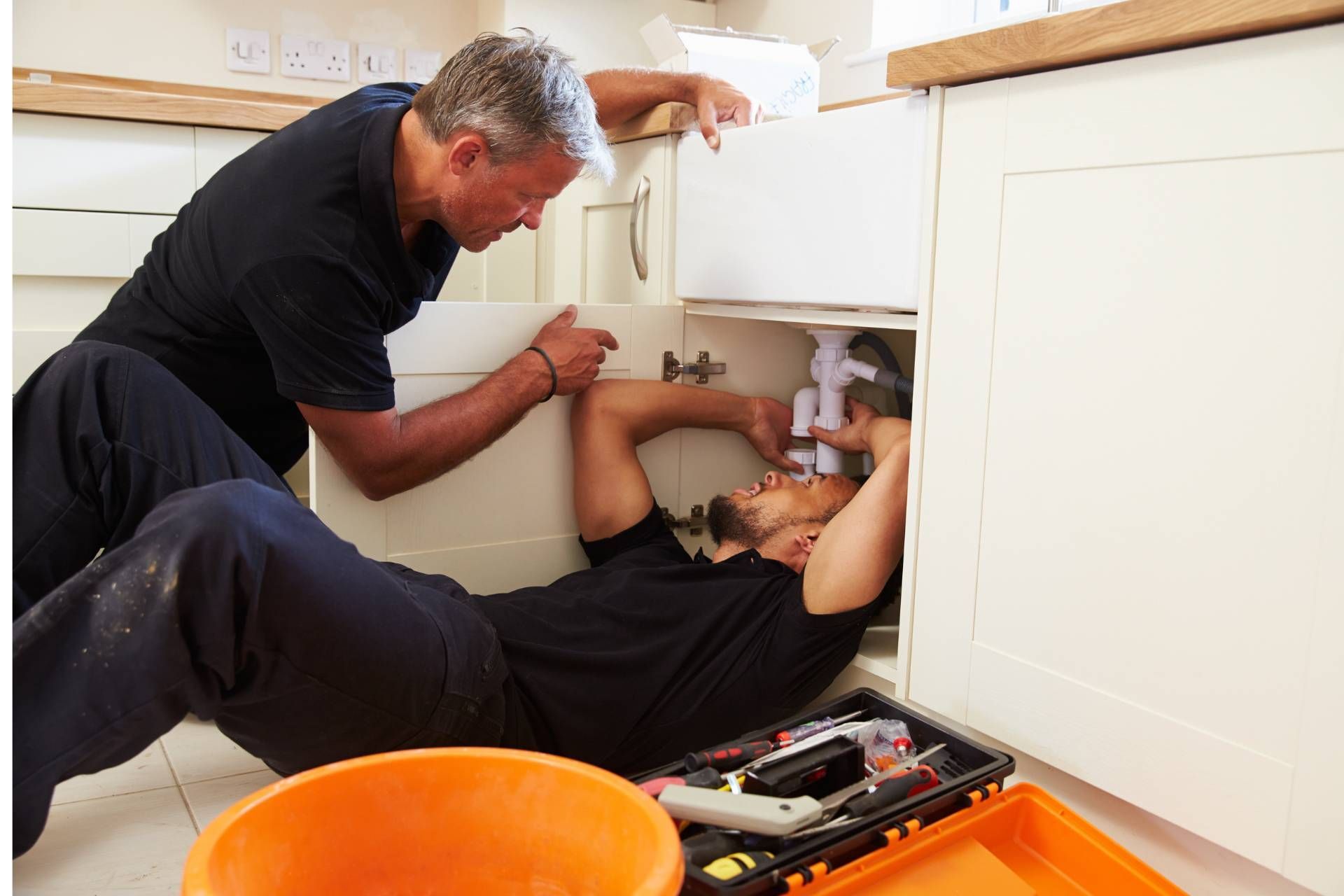Common Causes of Pipe Leaks

Pipes are essential components of any plumbing system, allowing water to flow smoothly throughout a building. However, when a pipe develops a leak, it can cause a whole host of problems. From water damage to mold growth, pipe leaks can wreak havoc on your home or business.
Dealing with a pipe leak in your home can be a stressful and frustrating experience. Whether it’s a small drip or a major gush of water, a pipe leak can cause damage to your property and disrupt your daily routine. It’s important to address the issue promptly to prevent further damage and potential health risks from mold or mildew growth.
In this blog post, we will explore the common causes of pipe leaks, the signs to look out for, and what to do if you suspect a leak in your plumbing system.
1. Corrosion
Corrosion in pipes is a common issue that plagues many homeowners and businesses alike. It can lead to leaks, water contamination, and even complete pipe failure if left unchecked.
One of the main causes of corrosion in pipes is the presence of chemicals in the water supply. These chemicals can react with the metal of the pipes, causing them to corrode over time. Additionally, factors such as water temperature, pH levels, and the presence of bacteria can also contribute to corrosion.
The consequences of corrosion in pipes can be significant. Leaks can lead to water damage in your home or business, while water contamination can pose serious health risks. In extreme cases, corrosion can cause pipes to burst, leading to costly repairs and potential downtime.
There are several ways to prevent corrosion in pipes. One of the most effective methods is to use corrosion-resistant materials for your pipes, such as PVC or stainless steel. Regular maintenance and inspections can also help identify and address any corrosion issues before they escalate.
2. Poor Installation
Poor installation of pipes can lead to a myriad of issues, ranging from leaks and water damage to inefficiencies in your plumbing system. It's crucial to ensure that pipes are installed correctly by trained professionals to avoid these problems and maintain the integrity of your plumbing system.
One of the most common issues that can arise from poor pipe installation is leaks. Whether it's a slow drip or a major burst, leaks can cause damage to your home and belongings, as well as waste water and increase your water bill. Leaks can be caused by improperly fitted joints, weak connections, or corrosion due to poor quality materials. These issues can often be avoided by having pipes installed by experienced plumbers who use high-quality materials and follow industry standards.
3. Tree roots
Tree roots are a common culprit when it comes to causing pipe leaks. Many homeowners are surprised to find out that the beautiful trees in their yard can actually be causing damage to their plumbing.
One of the main ways that tree roots can cause pipe leaks is through infiltration. As trees grow, their roots seek out sources of water and nutrients. This often leads them to underground pipes, where they can easily penetrate through small cracks or joints in the piping. Once inside the pipes, the roots can continue to grow and expand, causing further damage and potentially leading to leaks.
Another way that tree roots can cause pipe leaks is through blockages. As roots grow and spread throughout the soil, they can wrap around pipes and constrict the flow of water. This can lead to an increase in pressure within the pipes, causing them to crack or burst and result in leaks.
One option is to be mindful of where you plant trees and shrubs in relation to your plumbing lines. Avoid planting large trees with aggressive root systems near your pipes to reduce the risk of infiltration.
Regular maintenance of your plumbing system is also key in preventing tree root damage. Have your pipes inspected regularly by a professional to check for any signs of root infiltration or blockages. If roots are detected, they can be removed using methods such as hydro jetting or chemical root killers.
4. High water pressure
High water pressure may seem like a good thing, providing strong water flow for your showers and appliances. However, too much water pressure can actually cause problems for your plumbing system, leading to costly leaks and damage.
When water pressure in your pipes is too high, it puts extra stress on the pipes, joints, and fittings. Over time, this can weaken the material and cause small cracks or leaks to form. These leaks may go unnoticed for a while, but they can slowly cause water damage to your home and potentially lead to mold growth.
To prevent these issues, it's important to check the water pressure in your home and make sure it is within a safe range. The ideal water pressure for a residential property is typically between 40-80 psi (pounds per square inch). You can purchase a water pressure gauge at your local hardware store to easily check the pressure yourself.
If you find that your water pressure is too high, you can install a pressure regulator on your main water line to help reduce the pressure to a safe level. You may also need to consider having a
professional plumber inspect your pipes and make any necessary repairs or replacements to prevent leaks in the future.
5. Clogs
Clogs can occur in any part of the plumbing system, from the drain pipes in the kitchen and bathroom to the main sewer line. When a clog forms, it prevents water from flowing freely through the pipes, causing pressure to build up. This increased pressure can put stress on the pipes, leading to cracks, leaks, or even burst pipes.
Clogs can also cause corrosion in the pipes. When water and waste materials sit stagnant in a clogged pipe, it can eat away at the metal or PVC material, weakening the pipe and making it more susceptible to leaks. Additionally, clogs can lead to backups, which can cause further damage to the pipes and potentially lead to leaks.
Proper drain maintenance is crucial in
preventing clogs and ultimately avoiding pipe leaks. Here are a few tips to keep your drains clear and your pipes leak-free:
- Avoid pouring grease, oil, or food scraps down the drain. These substances can solidify and clog the pipes.
- Use a hair catcher in the shower and bathtub to prevent hair and soap scum from accumulating in the drains.
- Regularly clean your drains using a natural drain cleaner or a mixture of baking soda and vinegar. This can help break up clogs and prevent buildup.
- Avoid flushing anything other than toilet paper down the toilet. Feminine hygiene products, wipes, and other items can clog the pipes and lead to leaks.
- Schedule regular plumbing inspections to detect any potential clogs or leaks before they become a major problem.
6. Temperature changes
Temperature changes are a common culprit when it comes to causing pipe leaks in residential and commercial properties. As the weather fluctuates, the materials that make up your pipes can expand and contract, putting stress on the pipes and potentially causing them to develop leaks.
One of the most common ways temperature changes can impact your pipes is through freezing and thawing cycles. When water freezes inside a pipe, it and puts pressure on the walls of the pipe. This pressure can lead to cracks, leaks, and even burst pipes once the water thaws and starts flowing through the system again. This is especially common in areas with cold winter climates where temperatures regularly drop below freezing.
On the other end of the spectrum, extreme heat can also cause pipes to leak. When the temperature rises, the materials that make up your pipes can expand, causing them to warp or crack. This is particularly common in areas that experience heatwaves or drought conditions, where the temperature can soar well above average.
In addition to direct temperature changes, fluctuations in temperature can also impact the surrounding soil and ground where your pipes are located. As the ground freezes or thaws, it can shift and move, putting pressure on the pipes and potentially causing them to crack or leak.
To prevent temperature changes from causing pipe leaks, there are a few steps you can take. Insulating your pipes can help protect them from extreme temperature fluctuations, particularly in areas where freezing temperatures are common. Additionally, regularly checking for leaks or cracks in your pipes and addressing them promptly can help prevent more serious issues down the line.
7. Age
Pipes are an essential part of any plumbing system, allowing water to flow efficiently throughout our homes and buildings. However, as pipes age, they can become more prone to leaks and other issues. In fact, the age of the pipe is often a major factor in the likelihood of a leak occurring.
To prevent leaks caused by aging pipes, it's important to have your plumbing system regularly inspected by a professional. They can identify any potential issues before they become major problems and recommend solutions to address them. It's also a good idea to replace older pipes with newer, more durable materials if possible.
Having Trouble with Leaky Pipes?
Dealing with a leaky pipe in your home can be a nightmare. Not only does it cause water damage and potential mold growth, but it can also lead to costly repairs if not addressed quickly.
Contact Tru Flo Plumbing today at
1-877-783-(8783) and let our team of professionals take care of the problem for you. With our expertise and dedication to customer service, you can rest easy knowing that your leaky pipe will be fixed in no time.
Trust Tru Flo Plumbing to get the job done right the first time.
Address: 3215 Dix Hwy, Lincoln Park, MI 48146 | Phone: 1-877-783-TRUE (8783)
Copyright © 2023 Tru-Flo Plumbing, All Rights Reserved
